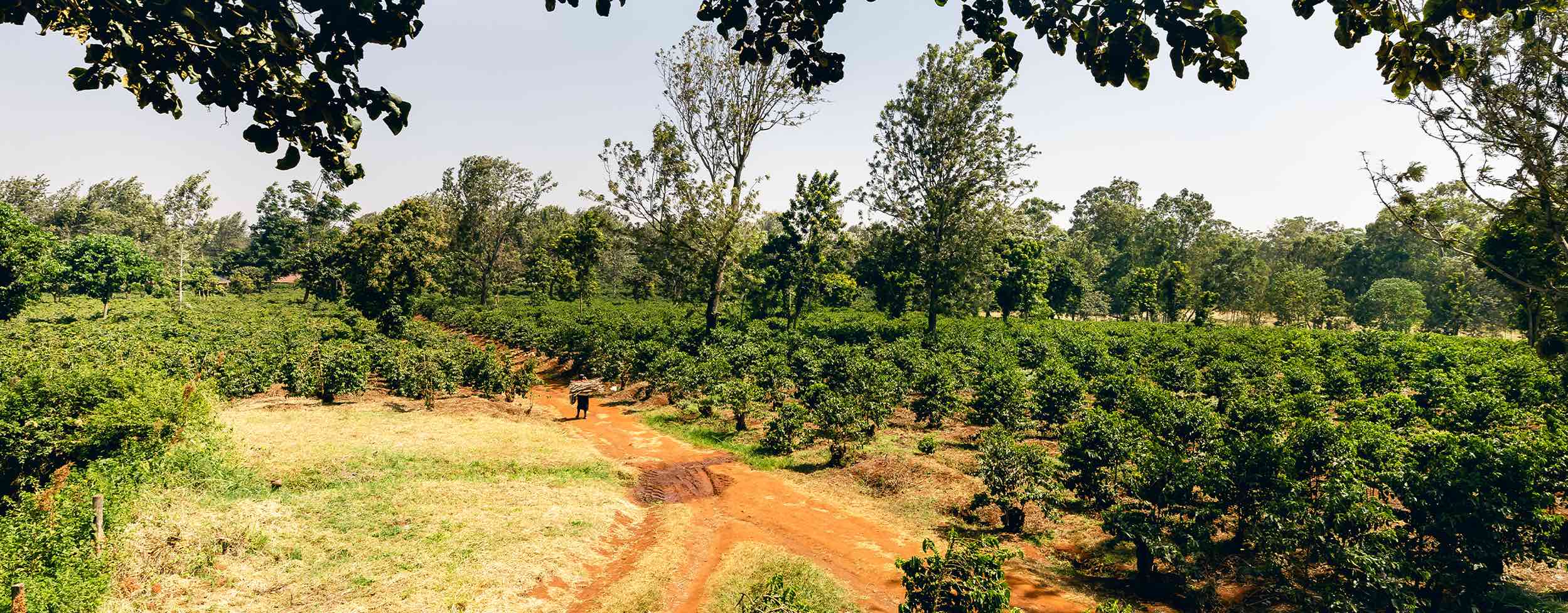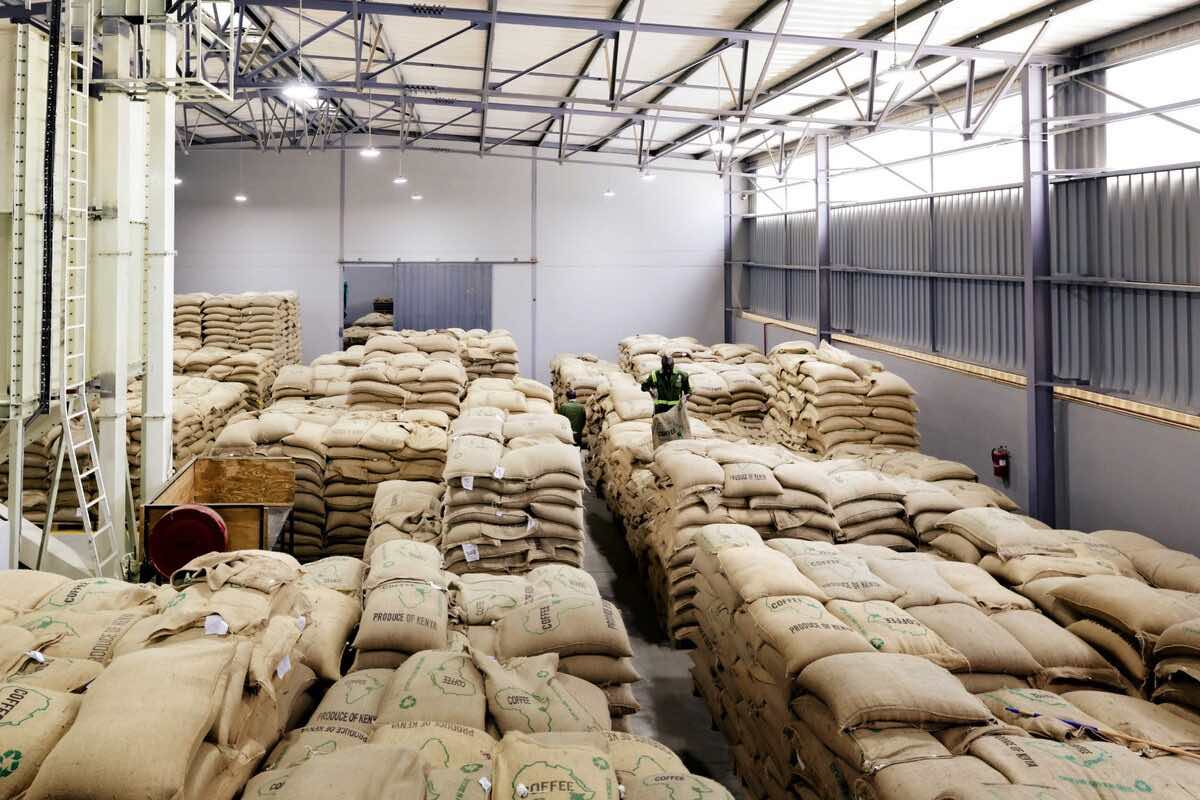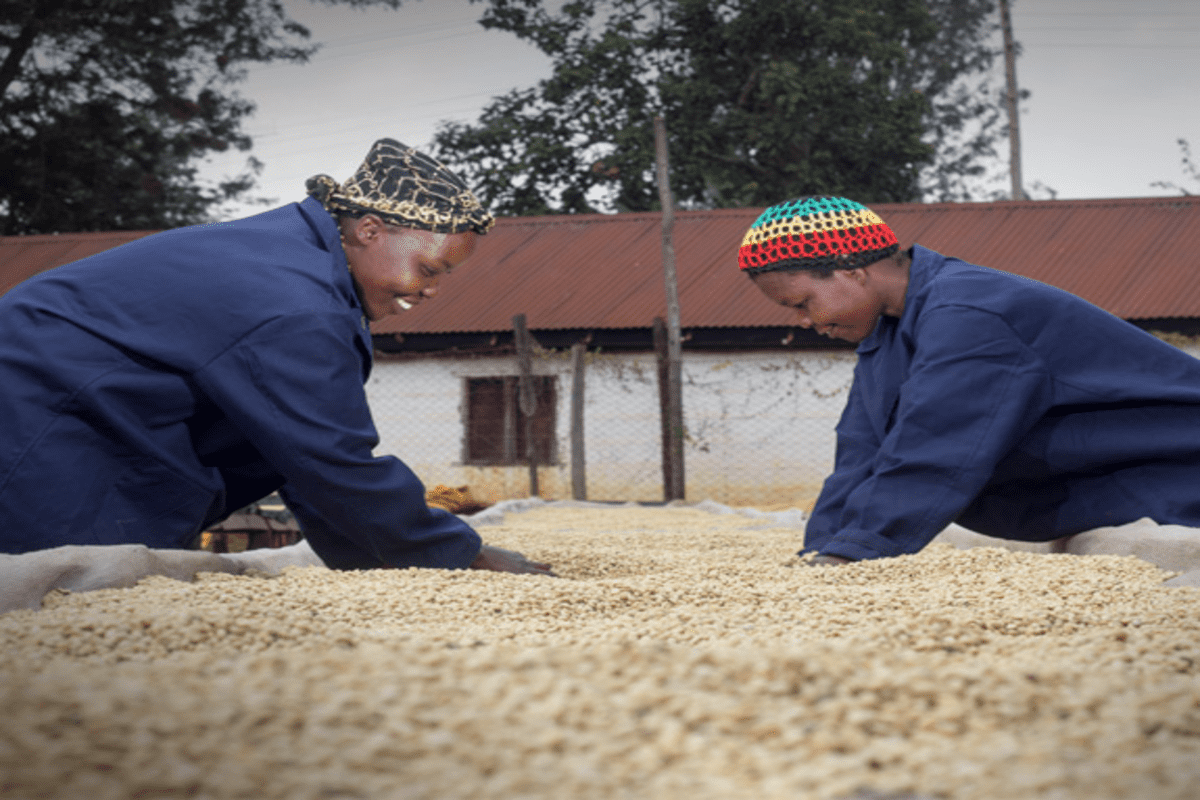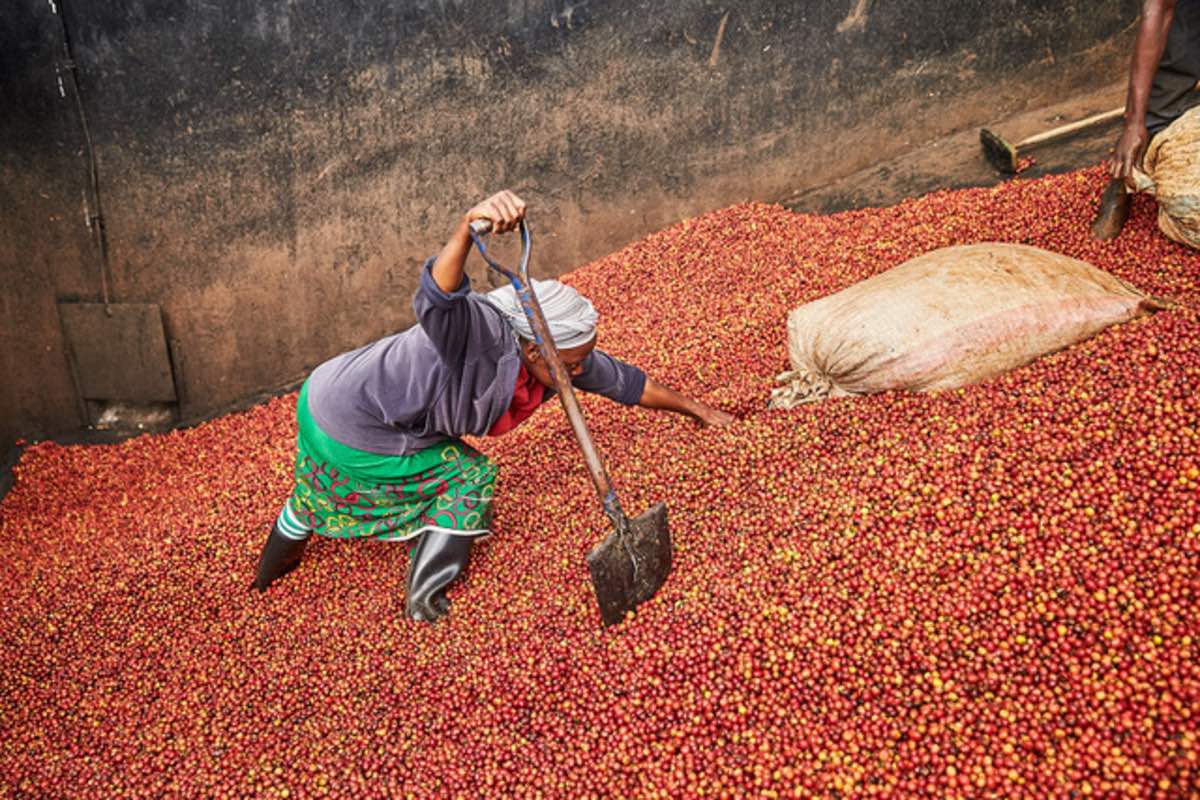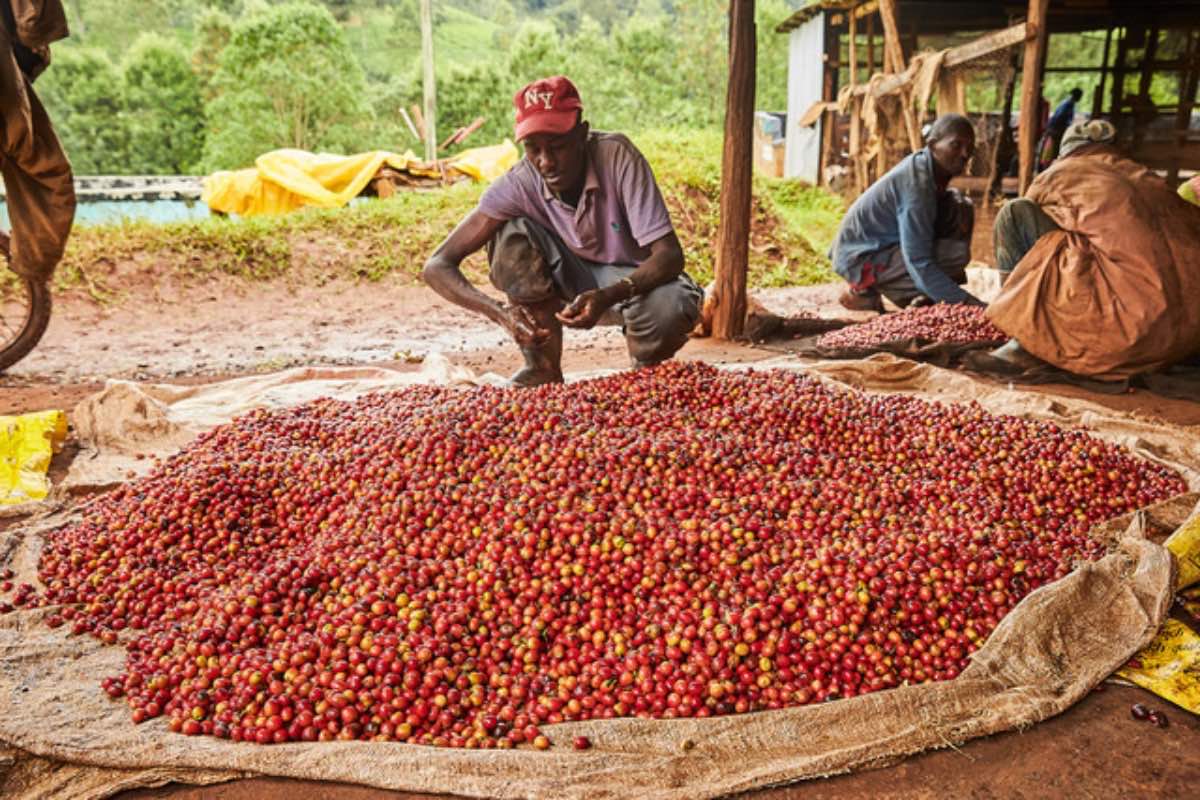
Sustainability and Social Impact in Kenyan Coffee Farming: A Holistic Approach by Servicoff Limited
Introduction
Coffee is not just a beverage; it’s a global cultural and economic phenomenon. Coffee farming has been a cornerstone of the economy for decades, contributing significantly to both national income and rural livelihoods. However, the sustainability of coffee farming in Kenya has become a topic of concern due to environmental challenges, economic pressures, and social dynamics. In this article, we delve into the efforts made by Servicoff Limited to address these issues and foster sustainable practices while also generating positive social impact within the Kenyan coffee farming community.
Sustainability Challenges
Kenya’s coffee industry faces numerous sustainability challenges. Climate change has led to unpredictable weather patterns, affecting crop yields and quality. Soil degradation due to improper farming practices and deforestation further exacerbates these issues. Additionally, market price fluctuations and middlemen exploitation have led to reduced incomes for smallholder farmers, posing a threat to their economic stability.
Servicoff Limited’s Holistic Approach
As Servicoff Limited, we view ourselves as a pioneering player in the Kenyan coffee sector, taking a holistic approach to address these challenges and create a sustainable future for coffee farming.
1.Environmental Sustainability: Recognizing the need to mitigate climate change impacts and preserve biodiversity, Servicoff Limited promotes sustainable farming practices. We have introduced agroforestry techniques that involve planting shade trees and other vegetation among coffee plants. These trees not only provide natural shade, reducing the need for artificial irrigation, but also contribute to carbon sequestration and soil conservation.
2.Quality Improvement and Economic Growth: To combat the unpredictable market prices, Servicoff Limited focuses on improving the quality of coffee produced. By providing training and resources to farmers on proper harvesting, processing, and storage techniques, we ensure that Kenyan coffee remains in high demand. This, in turn, leads to better market positioning and higher prices for the coffee produced, directly benefiting the farmers’ incomes.
3.Direct Trade Relationships: As a company, we as Servicoff Limited have established direct trade relationships with coffee farmers, bypassing intermediaries and ensuring that the farmers receive fair compensation for their hard work. This approach not only improves the economic viability of coffee farming but also empowers farmers by giving them a stronger voice in the value chain.
4. Social Impact and Community Development: Beyond economic considerations, we are committed to uplifting the coffee farming communities. We invest in education and healthcare facilities in these communities, thereby enhancing the overall well-being of the farmers and their families. This holistic approach recognizes that sustainable development cannot be achieved without addressing the broader socio-economic context.
Conclusion
Altogether, our approach to sustainability and social impact in Kenyan coffee farming exemplifies a model that balances economic, environmental, and social considerations. By integrating agroforestry practices, ensuring fair prices, and fostering community development, we demonstrate how businesses can play a pivotal role in transforming traditional industries into engines of sustainable growth. As we savor our next cup of Kenyan coffee, let us remember the stories of resilience and innovation brewing behind each aromatic sip.



